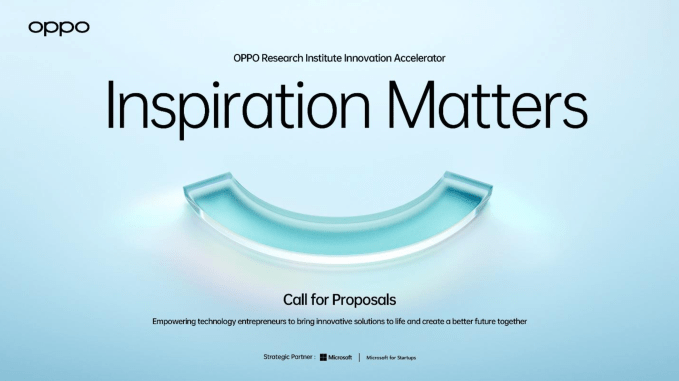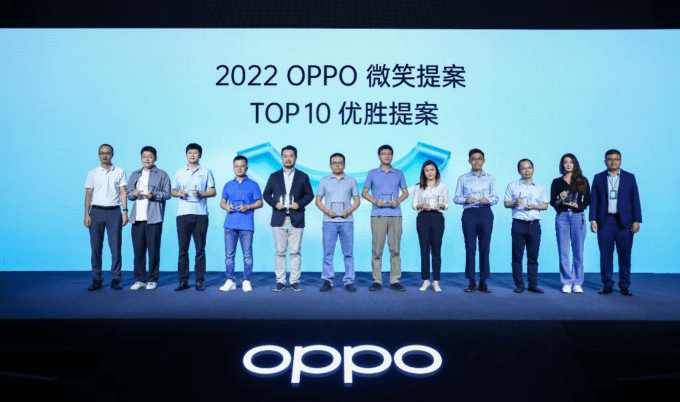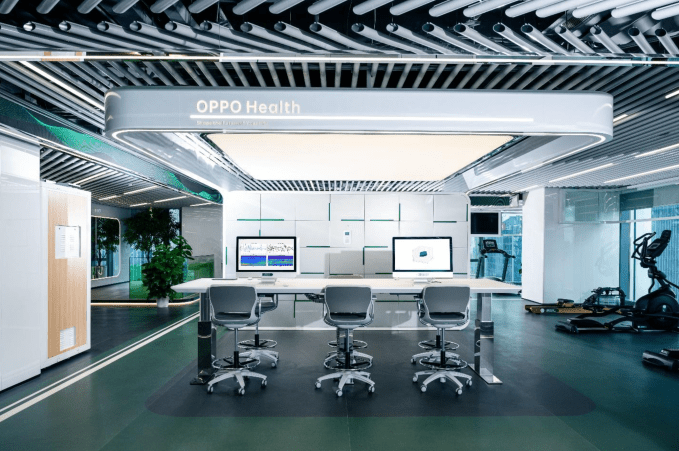Tech companies are teaming with independent innovators to solve pressing problems.
A study released in the fall of 2020 suggested that the first nine months of the Covid-19 pandemic’s grip on the world spurred a decade’s worth of technological innovation. Two years later, that number is undoubtedly higher, and many quietly underpin our new normal.
Telehealth connects specialist doctors to patients all across the country; artificial intelligence and machine learning help diagnose illnesses and facilitate care. Even day-to-day aspects of care have migrated to the digital realm. The convenience of having portable personal data always available with a few keystrokes is undeniable, but digital does not automatically equate to being accessible for everyone.
Some hurdles, such as gaps in internet access and compatible devices, are the result of social inequity; others, including technologies that don’t account for disabilities, are design flaws that threaten to become systemic without the intervention of other innovators.
Tech companies have embraced this challenge. Google’s unique reach allowed it to play an important part in the response to the Covid pandemic, including using its AI to build out accurate forecasts of infection surges. IBM applied its vaunted machine learning to finding ways to produce key insights into the opioid crisis that has ravaged the United States. Intel’s technology has been an immense help in wildlife preservation and poaching prevention.
OPPO, a leading manufacturer of smart devices, has been on the cutting edge of digital health and accessible technology for quite some time. Forever seeking cutting edge progress, OPPO is now pursuing collaboration with some of the most innovative groups of people in the world, combining their strengths to shape a better and more equitable future together.
Collaboration between Big Tech and startups is key
One of the maxims of innovation is that a good idea can come from anywhere. Some of the greatest technological innovations, and subsequently some of the largest and most powerful tech companies in the world, have their roots in the garages and basements of brilliant entrepreneurs and technologists.
What’s overlooked is how often their success was supported by financiers and industry leaders willing to take a risk on new ideas. Their power and their role in driving new ideas to the ground is likewise one of the main drivers of innovation.
Earlier this year, OPPO launched its Research Institute Innovation Accelerator, an initiative intended to supercharge its pursuit of collaboration with startups and independent entrepreneurs. “In an era of facing problems like global aging population, public health and wellness, and to help the disadvantaged that are being left behind by technological advances, technology companies need new ideas from startups with different perspectives to make more Tech-for-good technology accessible to more people,” says Levin Liu, OPPO’s Vice President and Head of OPPO Research Institute.

Image Credits: OPPO (opens in a new window)
Through this program, OPPO seeks to empower technology professionals and entrepreneurs and facilitate the development of innovative solutions that are universally accessible, help people, and tackle social issues.
The response was overwhelming. OPPO received 536 proposals from entrepreneurs in 39 countries and regions globally and held widely attended roadshow demonstrations in both India and Israel. The submissions were a promising preview of the many different ways that technology will continue to improve the lives of people around the world, turning the task of whittling down the finalists into an almost impossible challenge.
After a three-month judging and selection process filled with incredible projects and hard decisions, OPPO was able to shorten the list down to 10 winners.

Image Credits: OPPO (opens in a new window)
The first category, Accessible Technology, sought proposals to increase technological inclusiveness and cater to the diverse needs of underserved users, including the elderly and disabled communities. Providing opportunities for every community to enjoy the benefits of technology is crucial to creating a more inclusive world. Accessible Technology winners include:
- Institute of Care-life/Chengdu Meihuan Technology Co., Ltd: A massive system designed to detect earthquakes early with rapid intensity reporting using IoT and AI.
- Lyratone Technologies, Inc.: Lyratone hearing aid and hearing protection for hearing assistance.
- Zhejiang Nurotron Biotechnology Co.,Ltd: Hearing aid and Hearing Protect Technical solutions by supporting smart listening for people with cochlear implants.
- Alango Technologies Limited: BeHear — An innovative hearing aid built from Bluetooth audio hardware and an exclusive hearing assistance algorithm.
- Beijing Jadebird Vision Technology Co., ltd.: A machine vision solution for opticians and people with visual impairments.
The Digital Health segment of the competition sought projects that focus on promoting healthy lifestyles and enhancing intelligent health services. OPPO called for proposals that leverage innovation in algorithms, sensor technology, data analysis, healthcare products, and healthcare ecosystems, all in service of helping users improve their general health, exercise habits, sleeping habits, diet, and mental health.
- Peking University Third Hospital: Detecting early-stage dementia through eye movements and other small indicators.
- Lingxin Intelligence Co., Ltd: Combining AI and psychiatric treatment to provide effective and accessible mental health services.
- Anhui Easpeed Technology Co., Ltd.: A project that can produce interactive images in free space without the need for an additional medium or screen.
- Shenzhen Aibaowi Biotechnology Co., LTD: Tangtangquan — a diabetes digital therapeutic solution that works by providing an artificial pancreas and blood sugar monitoring system based on RTOS on a smart watch.
- IDUN Technologies AG: Sleep journey optimization platform by understanding brainwaves with EEG Hearables.
Accelerating the change, with ideas from around the world
Moving forward, OPPO will pursue collaborations with award-winning technologists that address the gap in accessible technology and the need for further advances in digital health. Liu says that a joint effort with wider industry and academia would drive win-win breakthroughs that allow more people to benefit from technological advancements.
In digital health, The COVID-19 pandemic has exposed more people to the importance of personal health management. What OPPO sees as the next frontier in this field is Preventive Healthcare, rather than the traditional response-based approach to medicine, where treatment begins after symptoms have arisen.
Already, OPPO’s Health Lab, established in 2021, has produced achievements in fundamental technology of digital health and has built partnerships with top medical institutions and universities. The company’s IoT hardware and software work together to allow real-time user health monitoring and smart data analysis, triggering alarms when typical statistics begin to go awry. Taken as a whole, the ecosystem helps everyone adopt a more proactive mindset.

Image Credits: OPPO (opens in a new window)
“The majority of chronic diseases have a long onset period, meaning that by the time symptoms do appear, the optimal time for treatment has already passed,” Liu says. “It needs to focus on preventive healthcare and make daily precision health screening and professional health management a reality for everyday life.”
Life-saving innovation can only deliver on its potential if it’s universally accessible, which is one reason why companies like OPPO have been so keen to develop devices that are broadly usable for everyone.
“Accessible design has now moved from its initial focus on ease of use for specific groups to more thoughtful, customized designs widely used by the public.” Liu says. Customized design allows for color adjustments like the Color Vision Enhancement, while intelligent and senseless design renders larger text, louder audio, and other adjustments as needed to create an optimal user experience.
As more innovative ideas emerge from the OPPO Innovation Accelerator program, OPPO hopes to call on more designers, entrepreneurs, and innovators to focus on the power of technology to change lives. The point of innovation is ensuring that everyone has access to the tools to better their lives and improve society writ large. Embracing ideas from all over the world are the key to making this future possible.